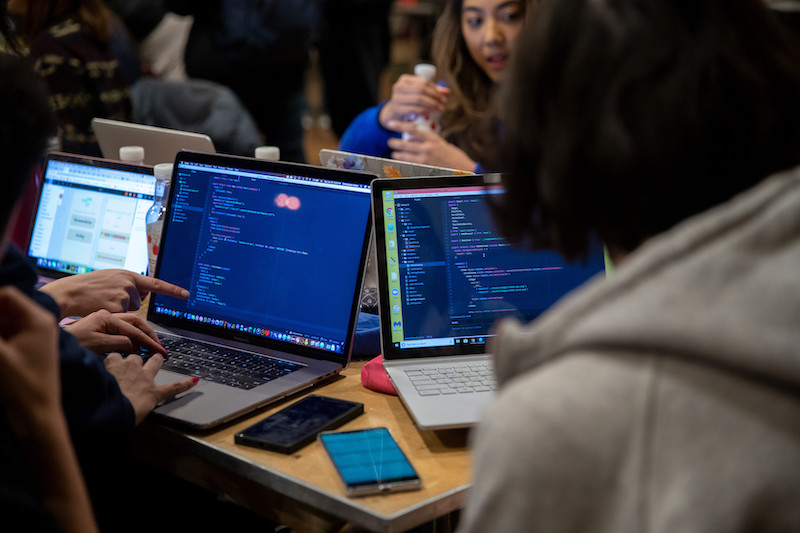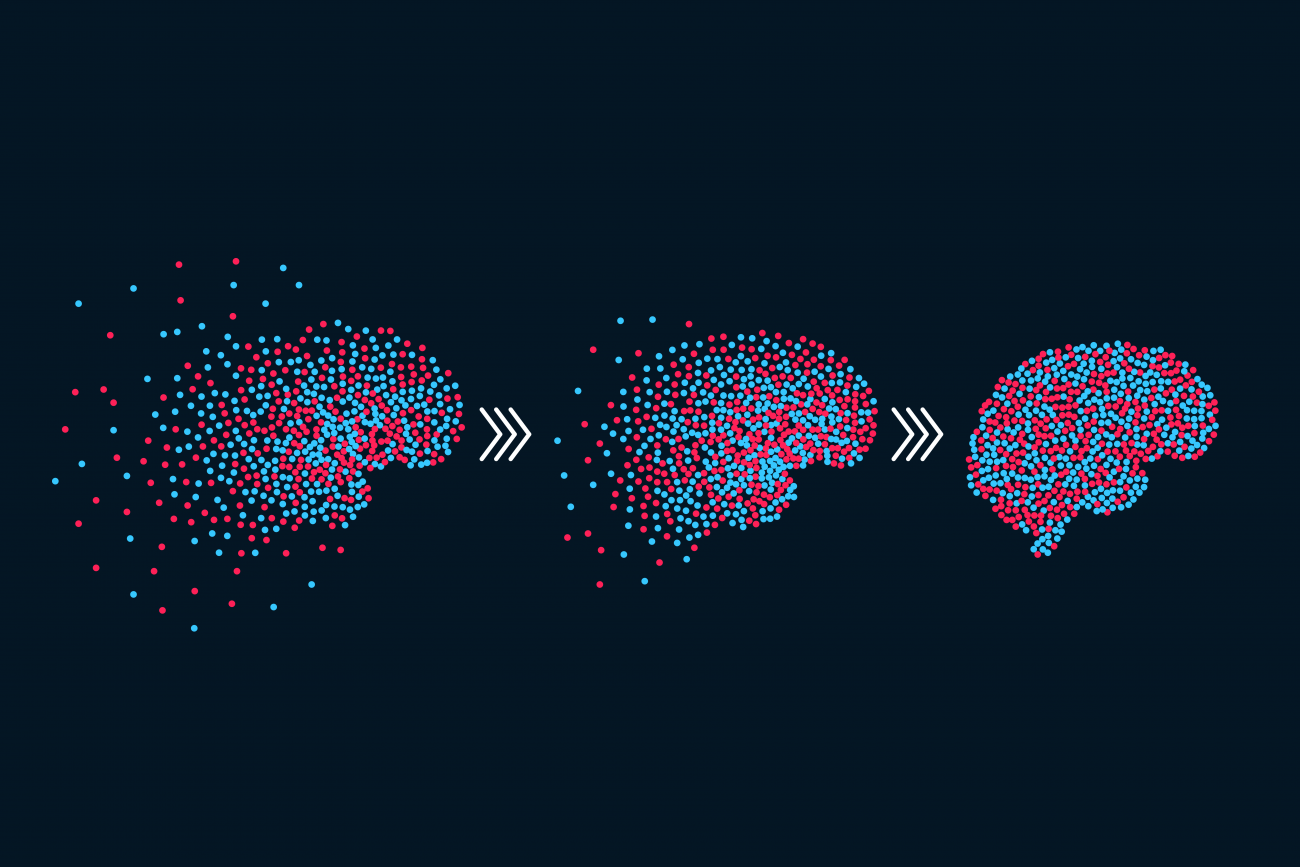Competitions
Modeling Competition
 The Modeling Competition is a two-week workshop that aims to provide researchers across a variety of fields and backgrounds with the necessary toolkit to use computational models for hypothesis testing and quantitative fitting of behavioral data and brain-behavior relationships. Topics covered include model validation, model selection, posterior predictive checks, maximum likelihood, hierarchical estimation and neural regressors.
The Modeling Competition is a two-week workshop that aims to provide researchers across a variety of fields and backgrounds with the necessary toolkit to use computational models for hypothesis testing and quantitative fitting of behavioral data and brain-behavior relationships. Topics covered include model validation, model selection, posterior predictive checks, maximum likelihood, hierarchical estimation and neural regressors.
The Modeling Competition workshops include daily lectures and discussion sessions, as well as hands-on tutorials that provide students with code templates and a chance to practice writing, fitting and testing computational models. Full details in the 2025 syllabus.
During the second week, participants are provided with a novel dataset that integrates across multiple aspects of cognition and perception. They then participate in a collaborative modeling challenge in which they construct and test their own models. Models from each entrant are evaluated on held-out data, and prizes are given for best predictive power, rigor, creativity and innovation.
The Modeling Competition workshops are useful for computation novices as well as those with a more advanced computational background, who have not mastered the science of model selection and parameter estimation or would like to learn more about specific classes of models.
For more information, email Michael Frank, director of the Center for Computational Brain Science.
Neurodatathon
 Do you have large neuroscience datasets that need analysis? A video annotation process that could be automated with computer vision? Neural data to be modeled? Do you have a problem that requires expertise in computer vision, machine learning or data science? Submit your challenge to the next Neurodatathon.
Do you have large neuroscience datasets that need analysis? A video annotation process that could be automated with computer vision? Neural data to be modeled? Do you have a problem that requires expertise in computer vision, machine learning or data science? Submit your challenge to the next Neurodatathon.
Neurodatathons provide instructions on state-of-the-art techniques in computational methods and neuroscience, and the opportunity to compete for prizes by analyzing special datasets that describe brain and behavior.
Neurodatathons are open to all members of the Brown University community, especially those with backgrounds in neuroscience, computer science, data science and applied mathematics.
Do you have a challenge to propose for the next datathon? Email Thomas Serre, associate director of the Center for Computational Brain Science, with a brief description of the challenge and details about the dataset. Please include a brief statement about the availability of ground-truth annotations.